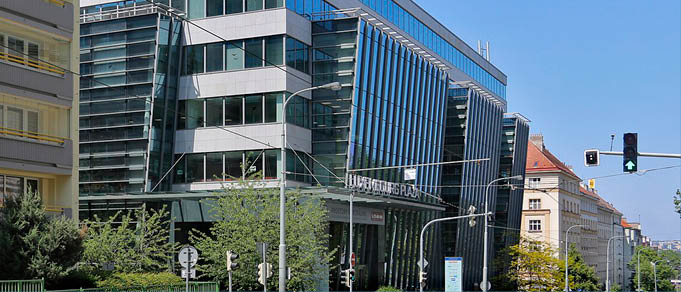With political instability leading to a legislative stall in Slovakia, a spark of hope flickers through the freshly approved National Research Development and Innovation Strategy, according to Majernik & Mihalikova Partner Katarina Mihalikova.
“A few weeks ago, the government approved a milestone in the Recovery plan – the National Research Development and Innovation Strategy – which is great news,” Mihalikova begins. “This provides backup for swaths of resources, as well as a clear path and the requisite financial and implementation tools for innovation on a national level.”
According to Mihalikova, the team around the Chief Innovation Officer at the Government of the Slovak Republic, Michaela Krskova, is to thank for this, because the “innovation agenda was not, historically speaking, a priority for our governments so far. People just didn’t understand that the knowledge economy is the way forward and that the world would pull away from us if we just stuck to the traditionally successful endeavors like automotive construction facilities,” she explains. “This new strategy is great news and, hopefully, it will bind future governments to the innovation agenda as well.”
On the not-so-positive side of things, Mihalikova reports that the current government, which is in a state of dissolution, “has collapsed and will be replaced by a caretaker government. The President of Slovakia will appoint acting ministers – professionals with no political affiliations – to lead the country until the elections,” she says. “This only exacerbated the already tumultuous state of political affairs and I hope that matters can stabilize by the time elections are around.”
This also impacts the legislative agenda. “We are in a stall right now,” Mihalikova continues. “The next parliamentary session had a scheduled agenda with more than 200 items on the docket – all of which are in a state of flux because there isn’t a functioning parliament right now. Even the acts that we were supposed to have passed a long time ago, on account of harmonizing with the EU, are stalled,” she explains.
On the commercial side of things, Mihalikova reports a slowdown in the tech and start-up sector. “Investors are more careful with their money and are not handing it out as easily as they once did,” she says. “Still, there are companies that are maturing after five to seven years on the market, and we have seen interesting exits. For example, Microsoft and Cisco are picking things up – but these are the results of hard work by the founders in previous years.” She hopes that things will soon return to normal, with “valuations being more down to earth and more realistic, as there is still, perhaps more, potential to come up with and develop new ideas.”
Finally, Mihalikova says it is becoming noticeable that the “deficiencies of our education system are catching up,” with many people who are “studying abroad not coming back. This brain drain, coupled with the coming demographic crisis, would take years of systematic, focused work to offset,” she notes. Connecting it all together, Mihalikova hopes the National Research Development and Innovation Strategy might help combat this: “Depending on its implementation, it might attract people and draw them back. And it might stimulate regional development as well as tech transfers from universities and the academic world to businesses.”

























